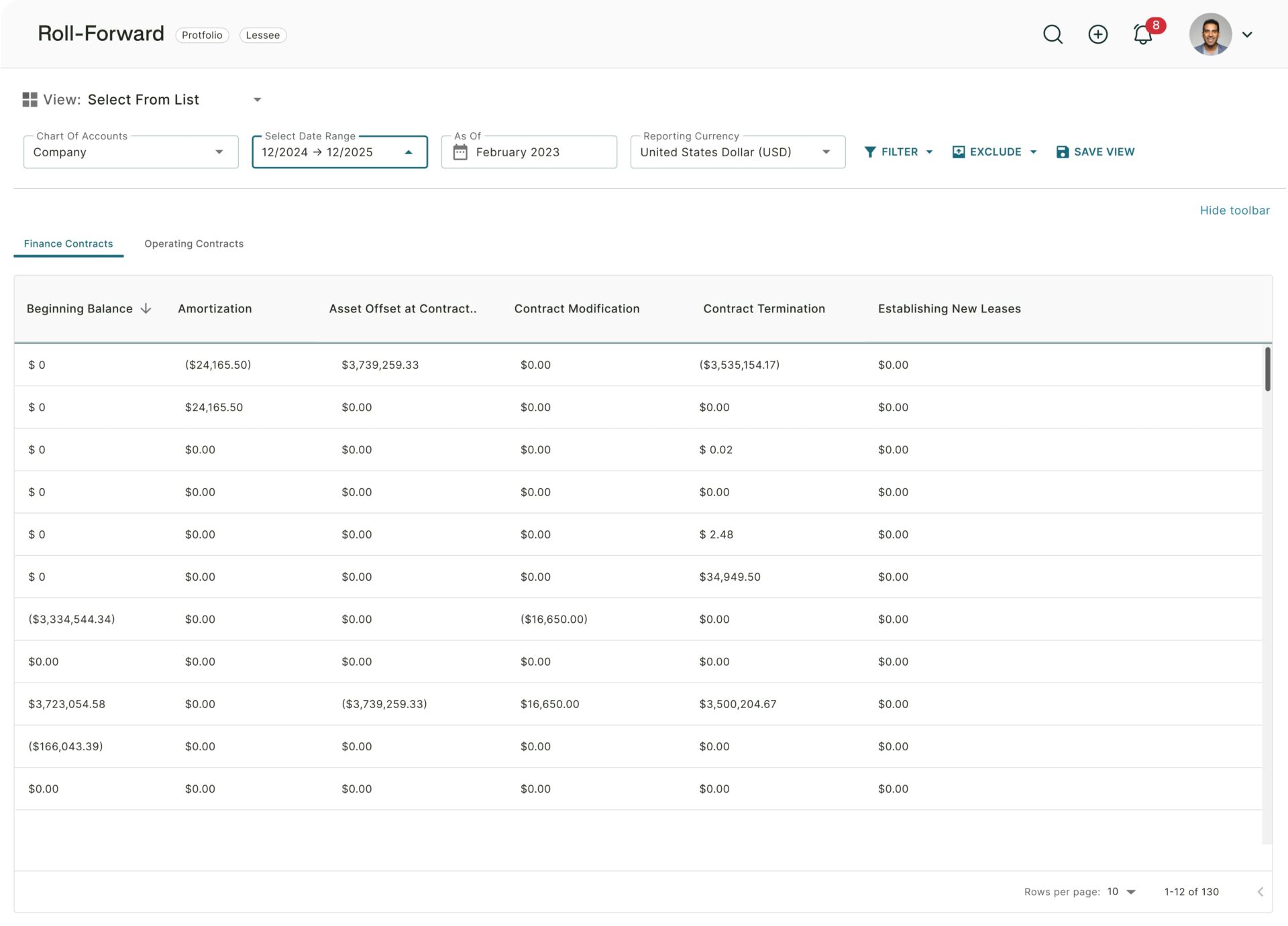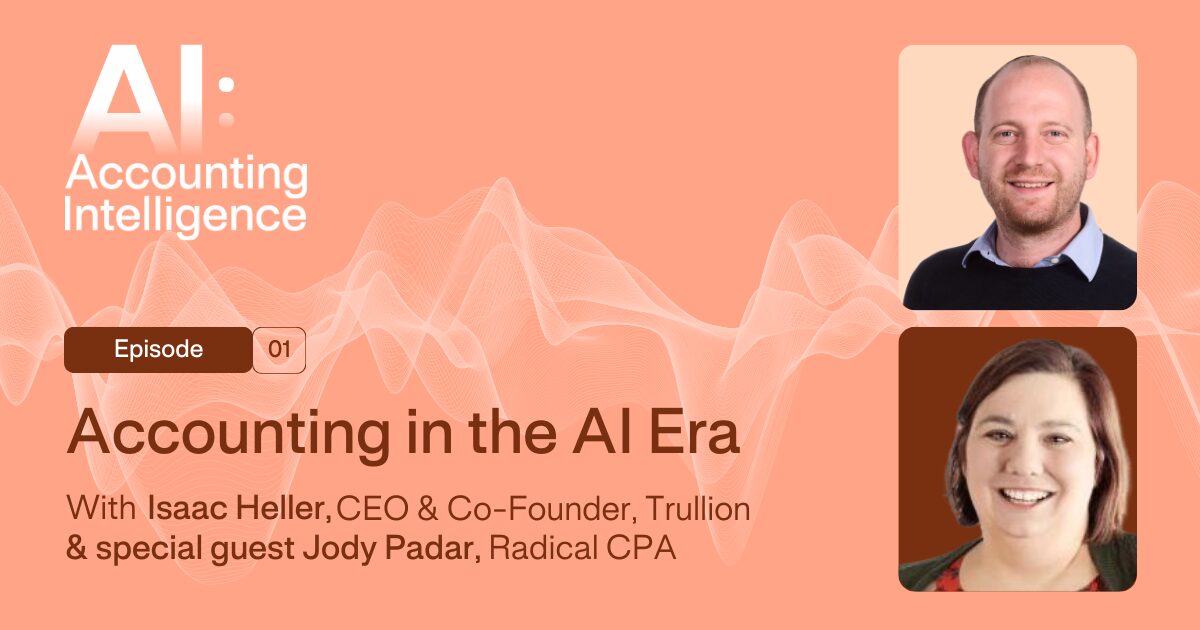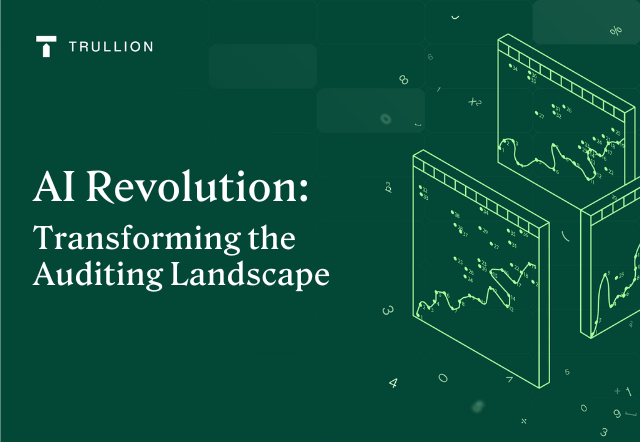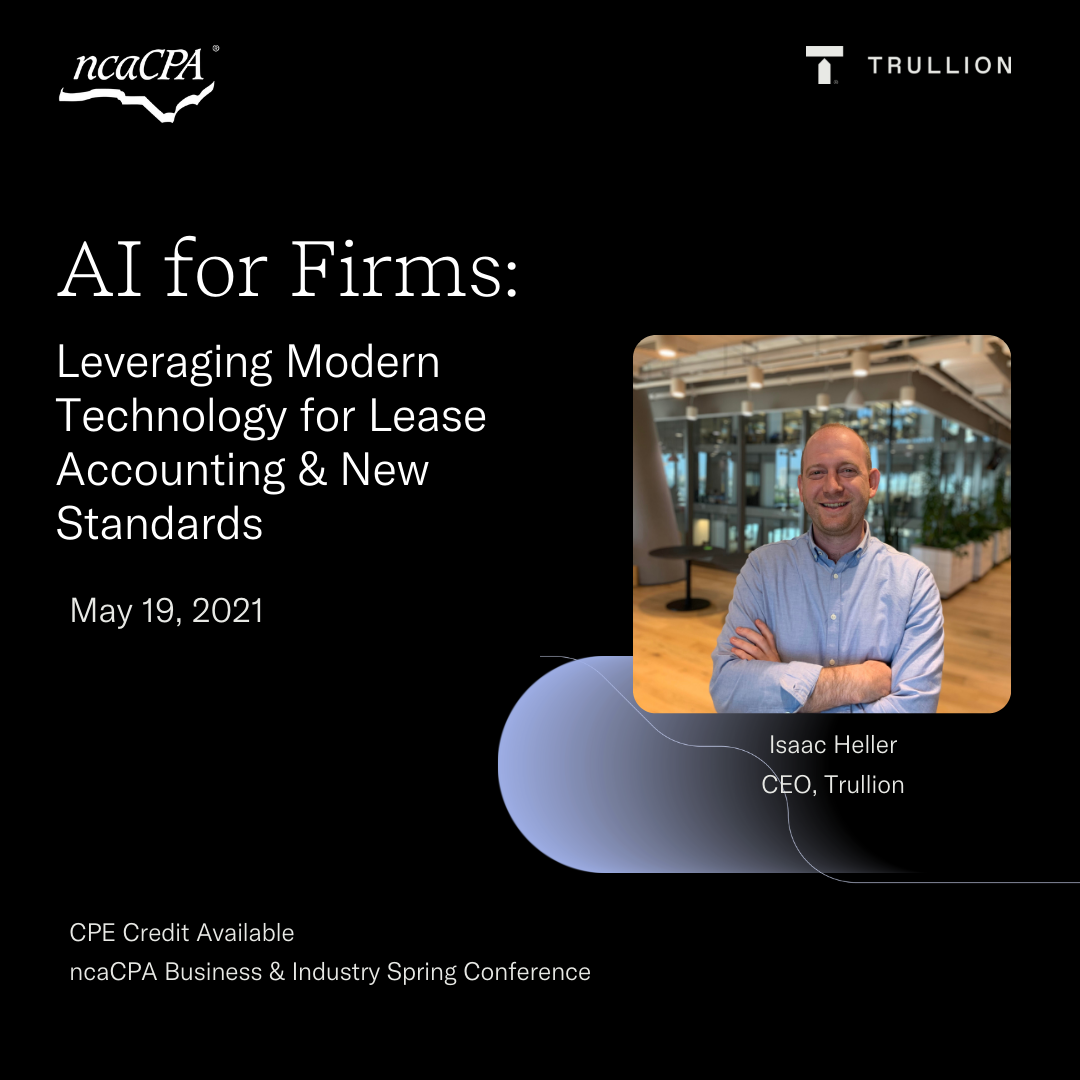Picture this: a not-too-distant future where AI seamlessly handles the bulk of your financial record-keeping, data entry, and accounting grunt work, where your human talent is freed to focus on strategic analysis and advisory services that drive the business forward. Ready or not, this AI-powered reality is racing towards us – will your team be ready to embrace it?
That’s the crucial question at the heart of a new episode of the AI: Accounting Intelligence podcast featuring Truillian’s CEO Isaac Heller and Jody Padar, a recognized industry thought leader known as “The Radical CPA.” Their thought-provoking discussion clarifies that AI is already unleashing sweeping changes across the accounting landscape – and firms that don’t adapt quickly risk being left behind.
As AI propels the automation of core accounting tasks to new heights and fuels the rise of disruptive competitors, accounting leaders face an urgent imperative to transform. Adopting AI-powered tools to drive efficiency is the first piece of the puzzle. Equally critical is upskilling your team to capitalize on this efficiency and deliver the high-value advisory services that will keep your firm relevant.
This episode offers a roadmap for navigating the AI revolution that is already turning the accounting world upside down – from rethinking outmoded business models to future-proofing careers. It’s essential listening for any accounting leader determined to not just survive but thrive in the fast-approaching future.
Redrawing Accounting’s Competitive Battle Lines
The rise of artificial intelligence is triggering seismic shifts in the accounting industry’s competitive landscape. A new breed of tech-savvy players is harnessing AI to automate once labor-intensive accounting tasks with unprecedented speed and efficiency. In doing so, they are radically changing the rules of competition – and threatening to leave traditional firms in the dust.
As Padar, VP of Tax Strategy & Evangelism at April warns:
“When you look at that accounting landscape as a whole, your competition isn’t your firm next door, it’s not even your firm across the country…[AI-powered disruptors] may not be 50% yet, but it’s going to be 50% pretty soon because those technology companies grow faster than smaller firms.”
On one front are cutting-edge accounting software startups like Pilot and Bench. By leveraging AI to streamline bookkeeping and tax prep, they can offer ultra-efficient services that undercut legacy providers. On the other hand, fintech giants are weaving accounting tools into their sprawling product suites, and legal services titans like Rocket Lawyer and LegalZoom are muscling into the tax game. Even the Big Four are pouring billions into AI platforms to turbocharge their offerings.
Meanwhile, private equity-backed roll-ups are aggressively reshaping the industry. PE firms are snapping up midsized accounting practices, consolidating them into larger entities, and ruthlessly using AI to eliminate inefficiencies. For example, global investment firm KKR recently acquired a controlling stake in accounting services provider Fidelity National Financial, with plans to streamline operations through AI and automation.
The combined effect is a competitive landscape morphing at warp speed, where AI firepower is fast becoming table stakes. In the face of this AI arms race, standing still is not an option for accounting firms. Competing in this new reality will require completely rewiring business as usual – a daunting but now existential challenge we’ll examine next.
Why Accounting Firms Must Rebuild Their Business Models
For accounting firms to truly capitalize on artificial intelligence’s transformative potential, incrementalism won’t cut it. They will need to fundamentally rewire their business models from the ground up. The most entrenched of those models—billable hours—is utterly incompatible with the quantum efficiency leaps AI makes possible.
As Padar perfectly encapsulates the perversity of this situation:
“Accountants were always slow to adopt new technologies because they didn’t want to pay for it, but they forgot…if they paid $20 for software, it saved them an hour of time. And they forgot that that hour of labor actually cost them $50, not $20. But if you bill by the hour, that kind of messes up your business model, right?”
In other words, it’s economically irrational for accounting firms to view technology as a cost center when it turbocharges their professionals’ productivity. Instead, they must recognize AI as an indispensable strategic investment that underpins their value proposition to clients.
In Padar’s view, operationalizing this mindset requires a fundamental shift: Categorize artificial intelligence as a cost of goods sold, just like the raw materials that go into a manufacturer’s products. AI is now a core input to accounting firms’ service delivery, not an optional add-on. Decoupling pricing from hours worked in favor of value-based models is also critical. When AI decimates the time needed for routine accounting tasks, the old metrics break down.
Most importantly, firms must capitalize on the efficiencies AI unlocks to offer premium advisory services only human experts can provide. As Padar puts it: “Automate to elevate.” The new paradigm is clear: Use AI to eliminate mind-numbing busy work so your professionals can focus their energy on the high-level analysis and guidance that make a real impact for clients.
The urgency of this business model overhaul cannot be overstated. With each new AI breakthrough, firms clinging to analog-era models will watch competitors zoom past them. Only by rebuilding their organizations to be native to an AI-first reality can accounting firms secure their place in the industry’s future.
But while rearchitecting business models creates the necessary foundation, firms won’t fully activate AI’s potential without a workforce fluent in collaborating with this revolutionary technology. Our final section focuses on cultivating those skills.
Future-proofing Your Accounting Career for the AI Age
The AI revolution barreling towards the accounting profession poses an existential question for every finance professional: Will you be a casualty of automation or harness this powerful technology to reach new heights? As AI rewrites job descriptions on the fly, erasing some roles and creating entirely new ones, proactively cultivating AI literacy is emerging as the defining survival skill.
Change is never comfortable, but accountants have a battle-tested playbook for adapting to and exploiting technological disruption. Time and again – from the dawn of electronic spreadsheets to the rise of the cloud – accounting professionals have mastered the digital tools transforming their field. The AI wave is no different.
As Padar emphasizes, this track record should give accountants confidence in their ability to navigate the AI transition:
At its core, AI fluency means deeply understanding the technology’s capabilities and limitations. It means honing your intuition for which tasks AI can supercharge and where it still falls short. And it means learning to spot opportunities to unleash AI on thorny accounting and finance problems.
Critically, though, interpersonal skills must evolve in lockstep with technical chops. AI’s ascent will make qualities like communication and change management more important than ever. Accountants must masterfully explain AI’s implications to anxious clients and coach their organizations through the AI transition.
Padar offers a vivid thought experiment to drive this point home. She suggests looking at how far conversational AI has come in recent years – from rigid virtual assistants like Alexa to startlingly human-like chatbots like the Pi app. Extrapolating that rapid advancement to accounting technologies can help professionals envision the sweeping changes hurtling their field and the skills they’ll need to stay relevant.
Ultimately, the promise of the AI revolution is a complete transformation of accounting work. Savvy professionals will automate the most tedious parts of their jobs and redirect their energies to the high-level analysis and guidance that make a real impact. In Padar’s words, accountants who proactively upskill for the AI age can look forward to a near future where they “go home early” after a day of intellectually engaging work.
If that tantalizing prospect doesn’t energize accounting leaders to dive headfirst into AI, nothing will. The path forward is clear: Resolve today to master this game changing technology, or risk being mastered by it instead. Your prosperity – and your firm’s – depends on it. Make sure to listen to the full episode of the AI: Accounting Intelligence podcast.









